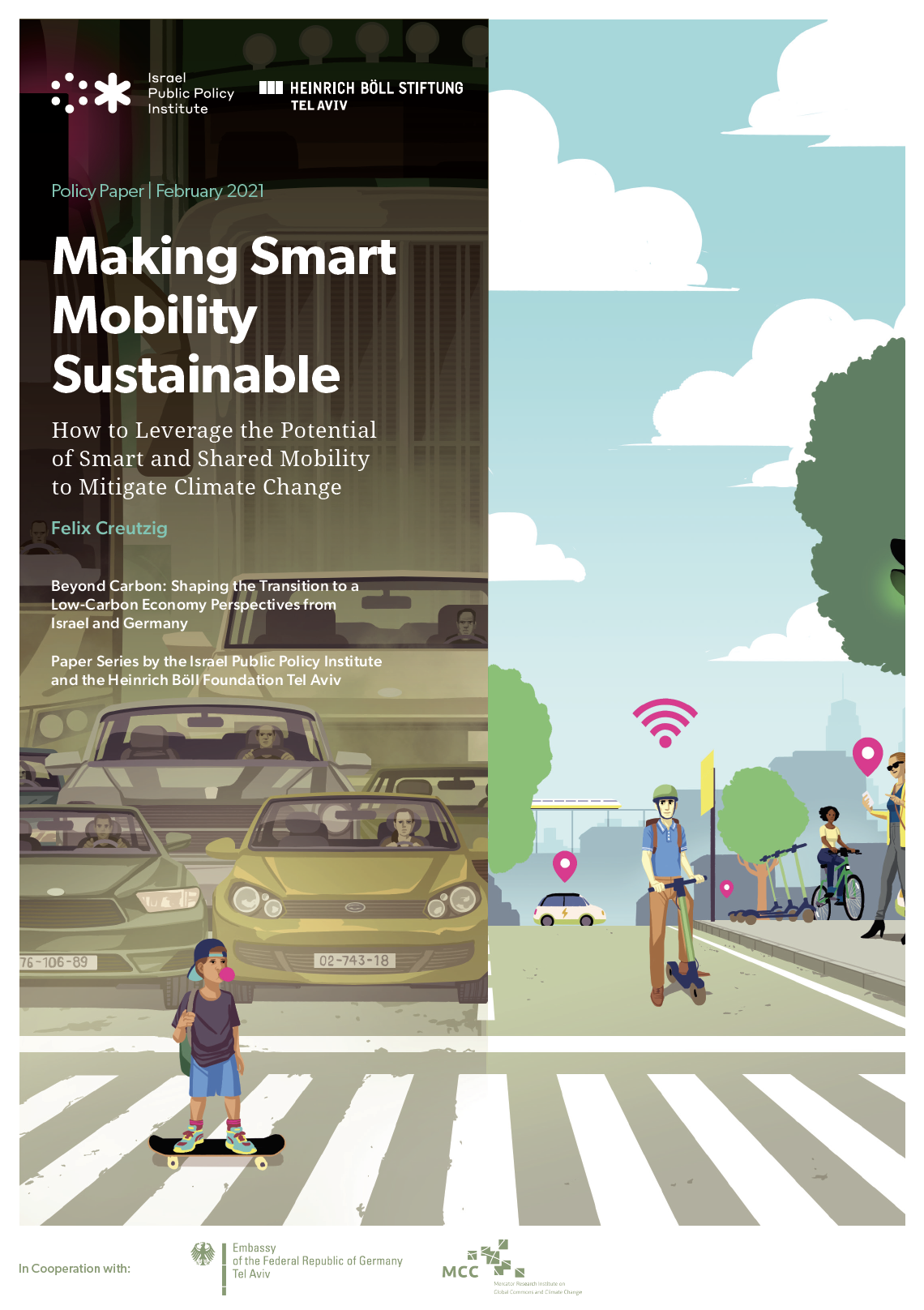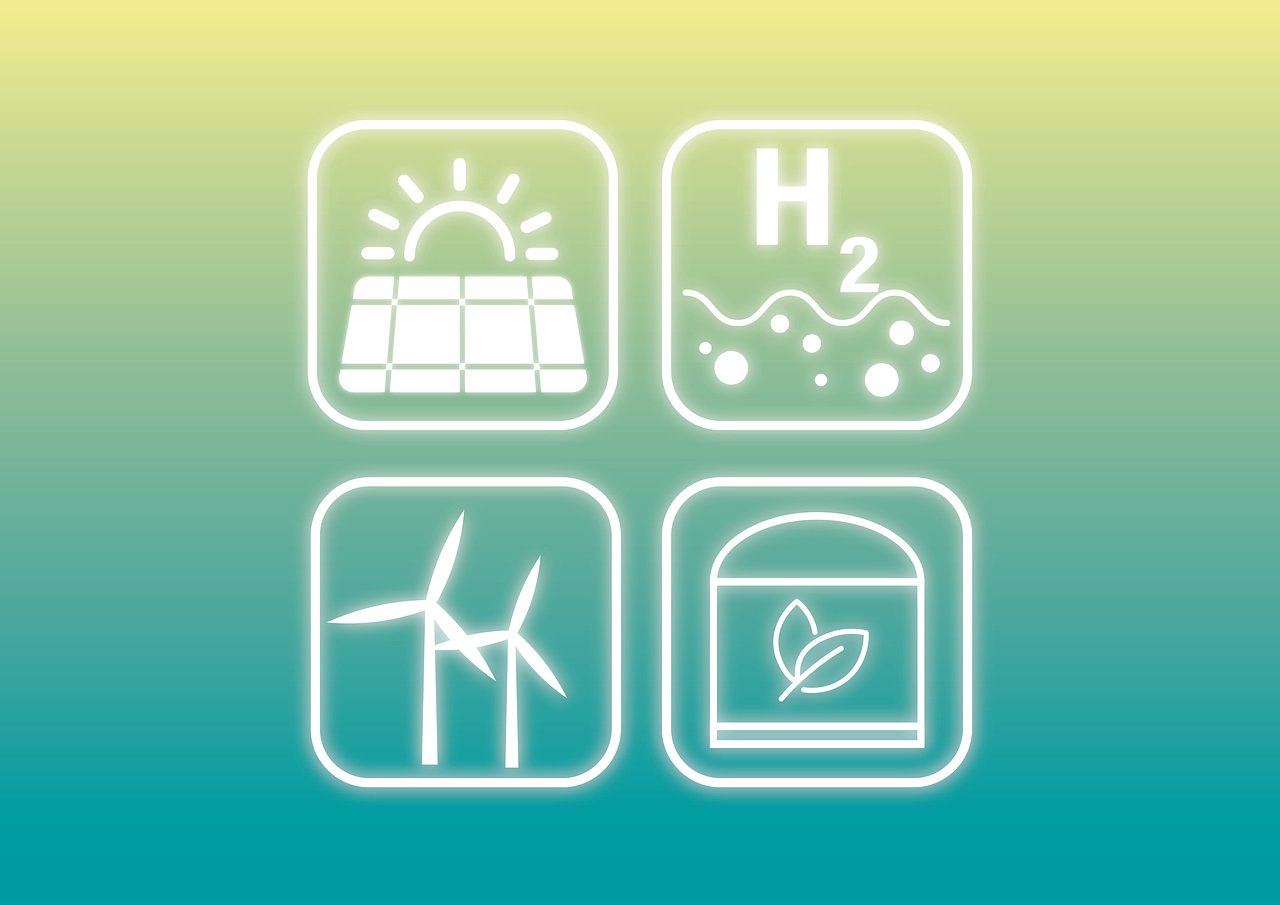
Share this Post
How to Leverage the Potential of Smart and Shared Mobility to Mitigate Climate Change
Smart and shared mobility are among the new mobility options entering the scene, often heralded as deliverers of sustainability and climate-change benefits. While supporters of these new technologies present them as aligning green consciousness with convenient mobility and new business opportunities, skeptical voices increasingly stress that these alternatives will place even larger greenhouse gas (GHG) outputs in the sector.
This analysis provides a comprehensive assessment of shared mobility options, by estimating marginal CO2 emissions of various shared mobility modes and considering the factors that account for the wide range in their respective emissions, and concludes making smart mobility sustainable requires regulatory support to encourage low-carbon transportation solutions.
Findings reveal that energy efficiency in the form of proper and proportional use of all transportation options, in combination with high vehicle occupancy in usage are key determinants of making urban transport low-carbon. Moreover, the consideration of wider systemic effects, presented in this paper, proved to be crucial to identifying the overall climate change mitigation contributions (or potential damage). Only if shared mobility is effectively designed and focused on replacing private car trips and complementing rather than substituting public transport, can it contribute to achieving low-carbon mobility.
When combining these footprint investigations with an economic perspective, including profitability challenges faced by shared mobility companies, the findings indicate that the evaluated shared mobility models have little future in providing low-carbon sustainable mobility in the current array. Nevertheless, reason for optimism remains when focusing on traditional stationary car sharing and incorporating improved conditions and regulations. Results indicate that by these means, private car traffic and emissions can be reduced dramatically while also yielding positive side benefits such as more space for urban life.
According to this paper, if one combines high systemic energy efficiency in the form of proper and proportional use of all transportation modalities together with high vehicle occupancy in usage, one can create low-carbon urban transport. In addition, the shared mobility models that were analyzed are highly unlikely to provide low-carbon sustainable mobility in the current array. However, if cities place an emphasis on traditional carsharing and incorporating improved conditions and regulations, private car traffic and emissions can be reduced dramatically.
This paper proposes the following recommendations:
- Authorities should reserve boarding space in attractive locations, e.g., in front of office complexes, opera houses, and football stadiums, for shared pooled mobility.
- Municipal governments should proactively engage with shared mobility providers and offer lenient regulation, which could be leveraged as an incentive in exchange for data sharing and trusted urban data governance.
- Reporting standards for shared mobility providers should be created, especially with regard to environmental and CO2-footprint data.
- All relevant stakeholder should acknowledge that shared mobility is embedded into an overarching economy-wide strategy to reduce GHG emissions, complying with the goals of the Paris Agreement, and supporting the transition to a low-carbon economy.
————————————————————————————————————————————————–
The Israel Public Policy Institute (IPPI) serves as a platform for exchange of ideas, knowledge and research among policy experts, researchers, and scholars. The opinions expressed in the publications on the IPPI website are solely that of the authors and do not necessarily reflect the views of IPPI.
Download Full Publication
Policy Paper - Making Smart Mobility Sustainable by Felix Creutzig

Share this Post

Weaponizing Bots and Data: The Brazilian Electoral Experience of 2018
In recent years, political parties and campaigners around the world have invested heavily in online advertising, demonstrating the…

"Our democracy is only as good as the information that voters have"
Disinfo Talks is an interview series with experts that tackle the challenge of disinformation through different prisms. Our talks…

Energy transition in Germany: What role for "Green Hydrogen"?
Authors: Michael Fehling and Larissa Bahmer Introduction In the quest for ‘climate neutrality,’ hydrogen gas (H2) has become…
